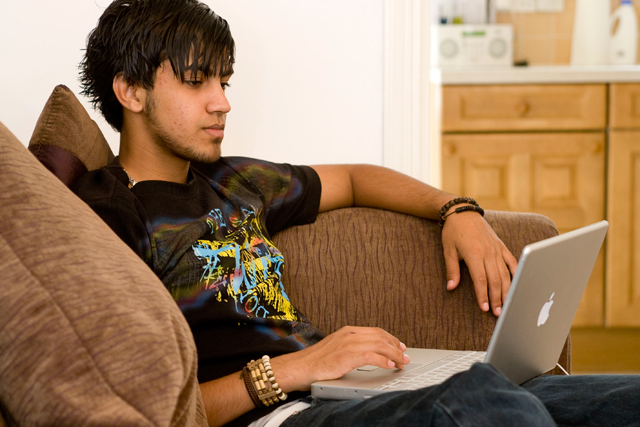

Cyber-bullying is the scourge of the social-media age, and a form of violence that society, social networks and marketers can no longer afford to ignore.
There appears to be mounting evidence supporting claims that social media has had a dehumanising impact on our culture and society. Yet many believe that it simply amplifies existing behaviours and issues.
Historically, anonymity has been a linchpin of social media, the logic being that, freed from social judgement, users can truly express themselves. However, amid a growing unease at the dark side of this self-expression, anonymity is under threat.
For marketers it has always presented a challenge, and agencies have been accused of planting bogus reviews online and buying fake Twitter followers for their clients. Robin Grant, global managing director of social-media agency We Are Social, says the latter is a big issue for the industry. "Without the blanket of anonymity that Twitter provides, creating fake profiles would become difficult and the agencies undertaking these illegal shortcuts would be exposed."
Industry issues aside, advertisers such as The Sun, EDF, BT and Specsavers have placed pressure on social networks that condone anonymity, but despite this, it is unlikely that there will be a swift response.
"Anonymity is always going to be popular, or even a necessity, among a proportion of the internet population," explains Grant. "There are people who feel confident to engage only behind an alias, particularly in matters of a very sensitive nature. Advertisers will always want to target their advertising effectively and if their target audience is using a site or platform that allows anonymity, this is where they'll need to be."



.jpg)


.jpg)